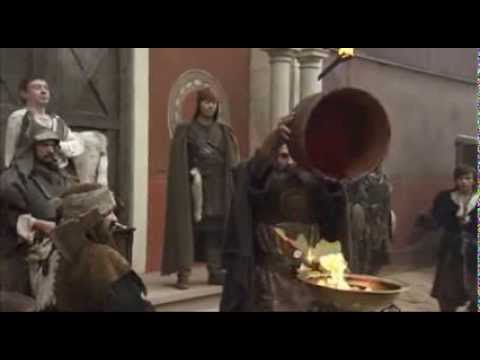The Roman Empire has long captivated the imaginations of people around the world. Its iconic architecture, powerful military, and vast influence on Western civilization have made it a topic of fascination for centuries. But while many may be familiar with the glories of Rome, the story of its decline and fall is equally compelling.
The Last Emperor, a thirteen-hour series as part of the larger Rome – Rise and Fall of an Empire, explores the period of Roman history that led to the end of the empire. Focusing on the wars with Germanic, Britannic, and other barbarian tribes, the series offers an in-depth examination of the campaigns and battles that ultimately brought down one of history’s greatest empires.
The series is meticulously researched and presents a nuanced view of the various factors that contributed to Rome’s decline. The reigns of lesser-known emperors and generals are given their due attention, as are the structures and significance of key barbarian tribes and their leaders.
But The Last Emperor is more than just a chronicle of wars and battles. It also explores the broader historical context in which these events occurred. The series examines the impact of plagues, mass starvation, and power struggles on the Roman Empire, providing a richly detailed account of the many factors that contributed to its eventual collapse.
Of particular note is the series’ use of reenactments to bring history to life. The attention to detail in these scenes is impressive, and they help to create a vivid and engaging picture of life in ancient Rome.
Overall, The Last Emperor is a well-crafted and comprehensive exploration of one of the most fascinating periods in human history. By focusing on the wars with barbarian tribes and the broader context in which they occurred, the series offers a nuanced and engaging account of the factors that led to the fall of Rome.

